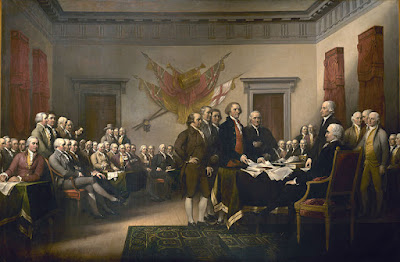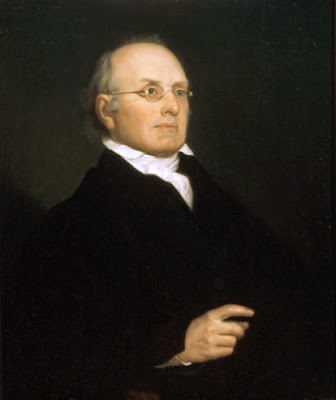“Therefore no one in the armed forces is treated as familiarly as are spies, no one is given rewards as rich as those given to spies, and no matter is more secret than espionage.”
– Sun Tzu’s “The Art of War” (5th century BC China), Chapter 13 (as translated by Thomas Cleary)
Information traveled slowly in those days, at the speed of a horse or a sailing ship
Sun Tzu reminds us that spies have been around since antiquity. In the Peloponnesian Wars of Ancient Greece, for example, Alcibiades betrayed Athens to Sparta, then defected to the Persian side, and then returned to Athens. This high-profile treason had a way of making him a little unpopular in certain quarters, to say the least. But most of the glory of espionage tends to go to the later Cold War period of the twentieth century. The latter period has been the subject of movies like “Breach,” “Bridge of Spies,” and (of course) the “James Bond” franchise. We may thus tend to associate spies with high-tech methods, like hacking and computer encryption. But most of the spies in history were somewhat lower-tech, and the embarrassing government secrets could travel no faster than the speed of a horse. And, during the American Revolution, London and Paris were way across the ocean from the critical campaigns in North America. Thus, it could take months for important information to sail across the Atlantic. The news of the American victory at Saratoga took several months to bring France into the war, delaying the all-important French assistance to the outnumbered (and badly outgunned) American rebels.
British surrender at Saratoga, 1777
Some information in this post was once top-secret, while the rest is largely forgotten
But the spy conflicts of the early United States are largely forgotten today. We hear much about the American Revolution and the Civil War in school, but we don’t hear too many stories about the important spies in our earliest conflicts. This is understandable, because the discussions of these wars usually have to focus upon the politics involved therein – and, of course, upon the many battles themselves. But the spy stories of these wars seem to have all the drama of more modern spy conflicts. They have all of the human interest, all of the juicy scandals, and all of the broader strategic importance. Specifically, the spies therein had a great effect on how these wars ultimately played out. Thus, this might be a good time to talk about a few of the spies in America’s earliest conflicts. Some of the information herein was once top-secret. The rest is largely forgotten to the public. But these details tell a story about how the military secrets of both sides were either protected, or (more embarrassingly) leaked – sometimes with catastrophic consequences, for the one side or the other.
Paul Revere’s ride

























